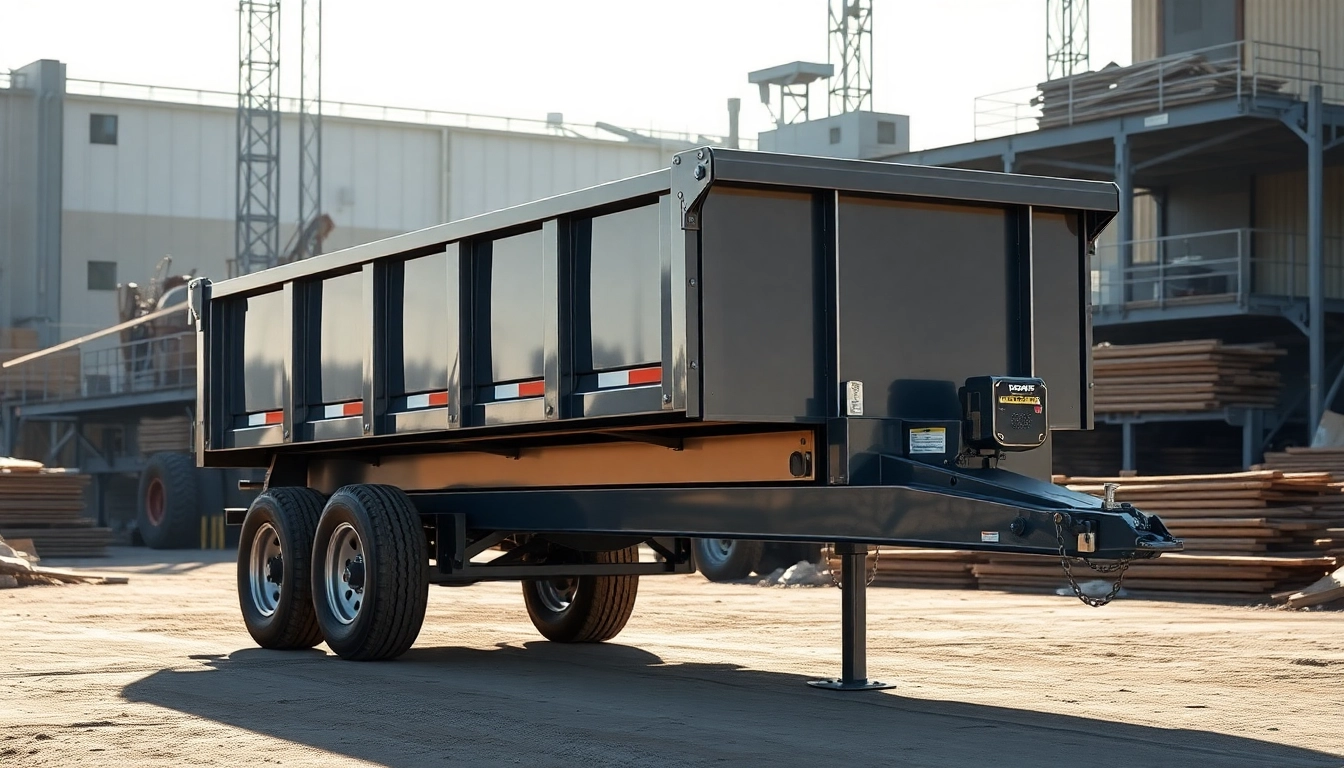Understanding Truck Keys: Varieties and Functionality
Truck keys are more than just metal pieces that unlock doors; they embody advanced technology, ensuring the security and functionality of heavy vehicles essential for industries worldwide. Understanding the different types of truck keys, their functionality, and common features is crucial for truck owners and operators alike. This knowledge not only aids in the effective use of these keys but also plays a pivotal role in managing car security and maintenance. There are multiple varieties of Truck Keys, and recognizing their specific characteristics can save time and money during replacements and maintenance.
Different Types of Truck Keys
Truck keys generally fall into a few categories, each suited for various types of vehicles and purposes. The primary types include:
- Mechanical Keys: These are traditional keys made of metal, designed primarily to operate locks through a simple mechanical action. They are often used in older truck models and can be duplicated easily at hardware stores.
- Transponder Keys: Equipped with a chip that communicates with the truck’s ignition system, transponder keys enhance security by ensuring that only the correct key can start the vehicle. The complexity of these keys often requires specialized programming.
- Key Fobs: Commonly associated with modern trucks, key fobs enable keyless entry and ignition to enhance user convenience. They contain electronic circuits and need to be programmed to sync with the truck’s onboard system.
- Smart Keys: These advanced keys allow owners to unlock and start their trucks without physically using a key. They use Bluetooth technology for communication and offer features like remote start and vehicle tracking.
How Truck Keys Work Mechanically
The mechanics of truck keys vary significantly depending on their type. For mechanical keys, the operation is straightforward—a notched key fits into a corresponding lock cylinder, turning it to engage or disengage the locking mechanism. In contrast, transponder keys utilize a microchip embedded within the key. When inserted into the ignition, the key emits a specific radio frequency recognized by the truck’s engine control unit (ECU), allowing the engine to start. Key fobs and smart keys operate using similar technologies, relying on encrypted signals and codes to ensure security and functioning. Understanding these mechanical workings can assist truck owners in troubleshooting issues and knowing when their keys may need replacement.
Common Features of Truck Keys
The features of truck keys can vary widely, but some common attributes often include:
- Durability: Given the heavy-duty nature of trucks, keys are designed to withstand severe wear and tear.
- Security Features: Many truck keys come with advanced anti-theft mechanisms, including unique cut patterns and embedded transponder chips.
- Weather Resistance: Many truck keys, particularly key fobs, are designed to function in harsh environmental conditions.
- Remote Functions: Modern keys often come equipped with buttons for keyless entry, trunk release, and panic alarms for added convenience and safety.
Replacing Truck Keys: Step-by-Step Guide
Replacing truck keys can often seem daunting, particularly with advanced models. However, understanding the process can simplify the task. Here are the essential steps to follow:
Identifying Your Truck Key Type
The first step in the replacement process is identifying what type of key your truck uses. This can typically be achieved by checking the owner’s manual or contacting the manufacturer. Knowing whether you have a mechanical key, a transponder key, or a smart key is crucial, as this will affect how the replacement process is conducted.
Where to Get Truck Keys Replaced
Once the type of truck key is identified, the next step is determining where to have it replaced. Options include:
- Dealerships: Most reliable option for having transponder and smart keys replaced, as they have the proper equipment for programming.
- Automotive Locksmiths: Many locksmiths are equipped to handle various types of keys, often at a lower cost than dealerships.
- Local Hardware Stores: For simple mechanical keys, local hardware stores can often provide quick replacements.
- Online Retailers: Some keys can be purchased online; be cautious of compatibility before buying.
How to Program New Truck Keys
Programming new truck keys is a critical step that varies based on the key type. Here’s a brief overview:
- Mechanical Keys: Generally do not require programming; cut the duplicate key, and it should work.
- Transponder Keys: Usually require a programming tool or assistance from a dealership or locksmith to sync the chip with the truck’s ECU.
- Smart Keys: Often involve a complex programming procedure that may require specialized equipment to ensure the truck recognizes the key.
Maintenance Tips for Truck Keys
Maintaining truck keys is essential for longevity and reliable operation. Here are some effective maintenance tips:
Best Practices for Key Storage
Proper storage can prolong the life of your truck keys. Here are some best practices:
- Use a Key Holder: Store keys in a designated key-holder to prevent loss and damage.
- Limit Exposure: Avoid exposing keys to extreme temperatures or moisture, which can affect electronic key fobs.
- Avoid Key Jingles: Too many keys on a keyring can wear down the ignition cylinder; keep the keyring manageable.
Caring for Your Truck Keys
Regular care of your truck keys can help prevent malfunction. Simple steps include:
- Regular Cleaning: Wipe keys periodically with a soft cloth to remove dirt and grime.
- Battery Checks: For electronic keys, ensure that batteries are replaced promptly to avoid lockouts.
- Inspect for Wear: Regularly examine keys for signs of wear, such as cracks or chips, especially in transponder keys.
Signs Your Truck Key Needs Replacement
Recognizing the early signs of key failure can save time, money, and frustration:
- Difficulty Turning the Key: If your mechanical key is becoming stiff, this could indicate wear on the key or lock.
- Inconsistent Functionality: If a transponder or smart key sometimes fails to work, it may need reprogramming or replacement.
- Physical Damage: Visible damage to any key is a clear indicator that it may be time to replace it.
Comparative Overview: Truck Keys vs. Car Keys
The differences between truck keys and car keys can be significant, often affecting functionality and replacement processes. Here are some comparative insights:
Differences in Key Design
Truck keys typically have a more robust design compared to car keys, catering to the rugged use and secure needs of heavy-duty vehicles. Their shapes, sizes, and intricate cut designs are often tailored for specific models, making them less generic than car keys.
Replacement Costs Compared
Replacement costs for truck keys can often exceed those for car keys due to their complexity. While mechanical car keys might cost as little as $2, truck keys, especially transponder and smart keys, can range significantly, often starting from $50 to over $300, depending on programming needs and key type.
Usage Scenarios for Different Key Types
Truck keys and car keys also serve different user needs: trucks are often used in commercial and industrial settings requiring higher security measures. Hence, heavy-duty keys feature more advanced security features, including transponders and biometric access that are less common in regular car keys.
Future of Truck Keys: Trends and Innovations
As technology evolves, the future of truck keys is poised to change dramatically. Understanding these trends can help truck owners stay ahead in security and convenience.
Smart Keys and Keyless Entry Systems
Keyless entry systems are rapidly gaining popularity in truck design. The integration of smart keys facilitates seamless access to vehicles, allowing owners to unlock and start their trucks without traditional key usage. This trend shows potential for enhancing user convenience and security, potentially reducing vehicle thefts.
Understanding Security Features in Truck Keys
Innovations are emerging in key security features to combat the increasing threat of vehicle theft. Many new keys incorporate biometric identification systems for added security, requiring fingerprint verification or facial recognition for vehicle access.
The Impact of Technology on Truck Key Replacement
With advancements in technology, the key replacement process is becoming increasingly streamlined. Mobile applications and online tools are available for truck owners to easily manage their keys and security settings, facilitating programming and replacement processes to make them more efficient and less costly.



